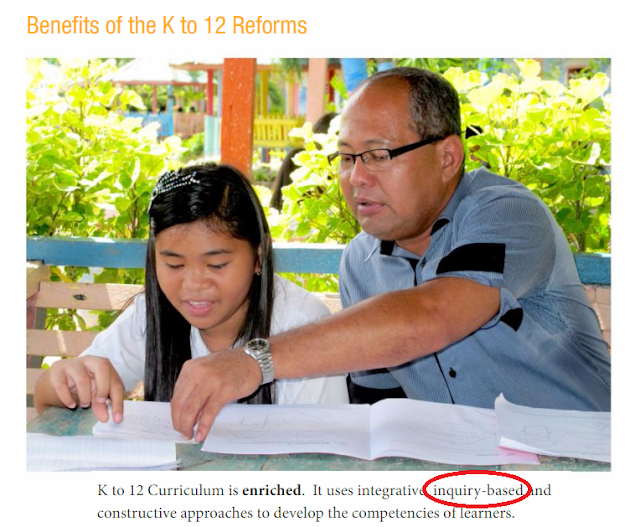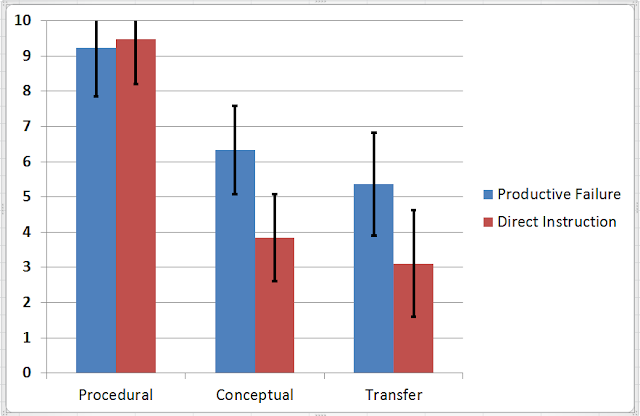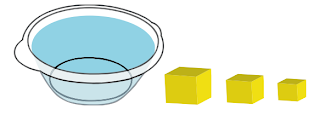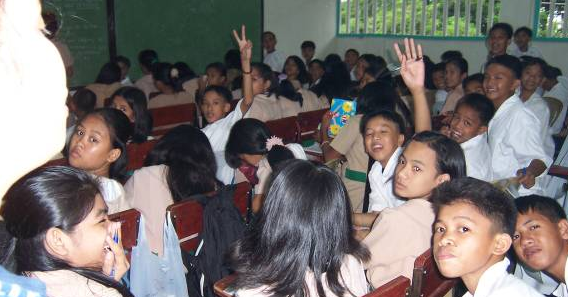How We Misunderstand Inquiry Based Learning

Inquiry-based learning is of course the foundation of doctoral work. One learns strategies not just content as one formulates new and important questions, collects data and makes observations to answer these questions, and in the process, advances human knowledge. For this reason, success in graduate school is weakly correlated with an undergraduate's academic record or scores in standardized exams. Inquiry-based learning requires a great deal of motivation, discipline and independence. Obviously, inquiry-based learning when mentioned as part of basic education is not exactly how a doctoral student works on his or her dissertation. Nonetheless, inquiry-based learning in either elementary or secondary education still requires motivation, discipline and independence. And similar to graduate school, one would expect that doing well in inquiry based-learning is often not correlated with a child's current academic performance. Inquiry-based instruction is often found as a common m...









